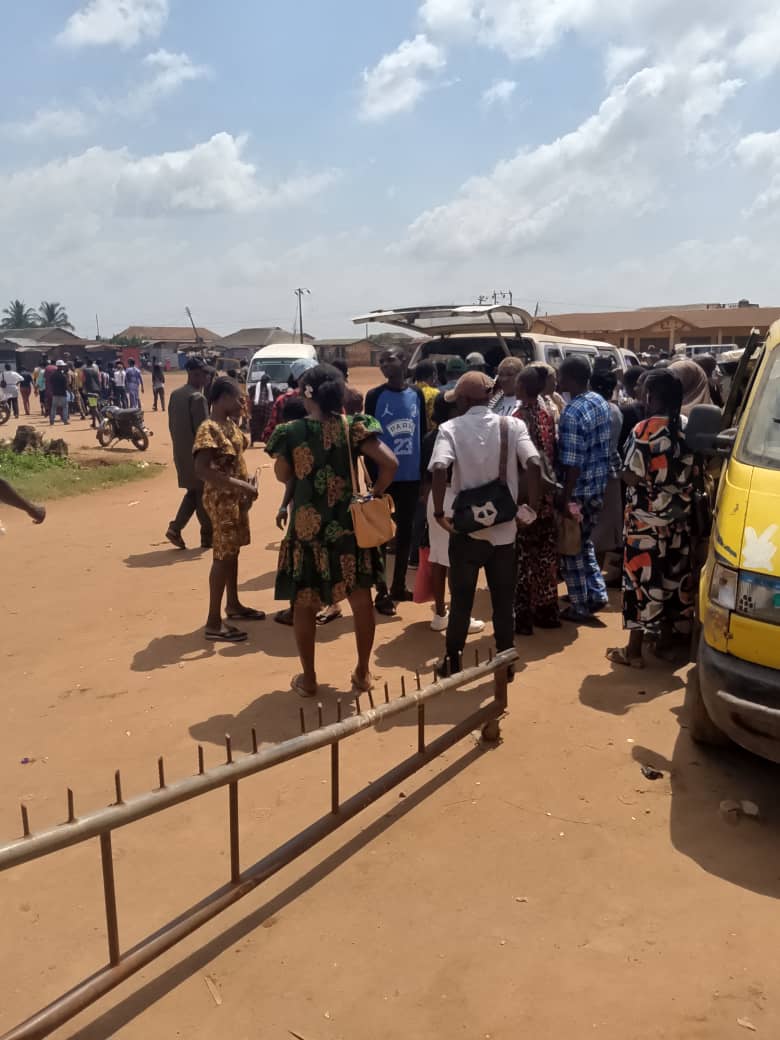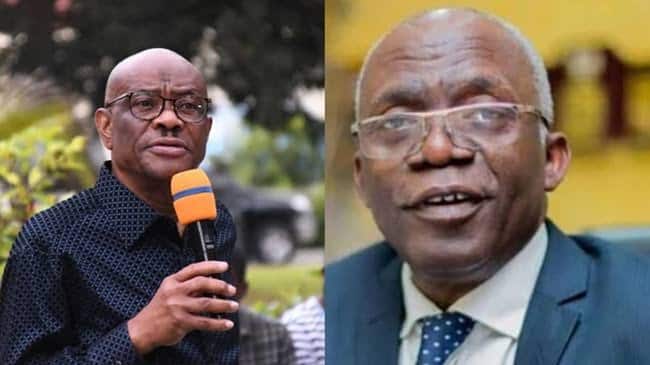The director general and chief executive of the Nigerian Meteorological Agency (NiMet), Prof. Charles Anosike, has charged Nigerians to heed climate warnings in line with the United Nations Early Warnings for All (EW4ALL), initiatives.
Prof. Anosike who was represented by Glory Onyegbule, director of the Directorate of Applied Meteorological Services (DAMS), stated this at the Tree Planting and Climate Action Summit themed ‘Tree-mendous Strategy for a Sustainable Future’, held at the Chukwuemeka Odumegwu Ojukwu University, Igbariam, Anambra state.
Prof. Anosike said that over the years, NiMet has developed mutually beneficial partnerships with research Institutions and academia across the country for the overall good of the nation.
According to him, “These partnerships have played significant roles in improving climate knowledge, climate risk management, disaster risk preparedness, climate appreciation and awareness among others”.
He informed the audience that recent decades have seen increasing frequency and intensity of flooding across the country.
“Heat waves and heat stress are gradually becoming a regular occurrence yearly, dry spell frequency and intensity are also on the increase with potential danger for the occurrence of meteorological drought. Weather storms (thunderstorms, line-squalls, rainstorms etc.) are now becoming more violent. Mudslides, erosions, including coastal inundation are not left out. All these are consequences of the changing climate with attendant human and socio economic losses to affected communities and the nation at large”, Prof. Anosike said.
He said that human actions through deforestation, urbanisation, transportations, industrialization, indiscriminate waste disposal, land use, etc. have contributed immensely to the rapidly changing climate.
He said, “Combating the cause and effect of climate change requires the collective action of all citizenries at national, state and local government levels including communities.”

 3 months ago
33
3 months ago
33













![Just In: Tinubu Departs Aso Villa For Late COAS Lagbaja’s Burial [Video]](https://www.naijanews.com/wp-content/uploads/2023/06/20230622_180721.jpg)

 English (US) ·
English (US) ·